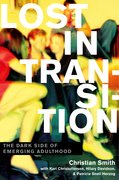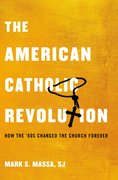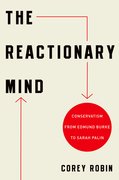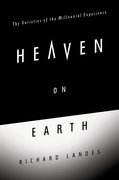Luther excommunicated by Catholic Church
This Day in World History
On January 3, 1521, Pope Leo X issued the papal bull Decet Romanum pontificem (“It pleases the Roman Pontiff”), which excommunicated Martin Luther, a German theologian and monk who had been causing the Roman Catholic Church no end of trouble since 1517. With that, the Pope cast Luther out of the Catholic Church—and thereby helped spur the development of the Lutheran church and the Protestant Reformation.










